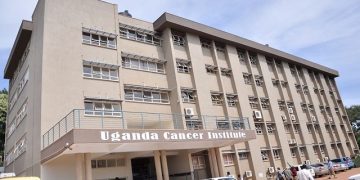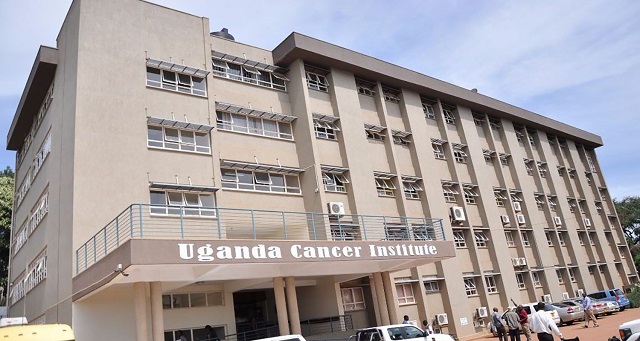As many as 30,000 Ugandans every year develop cancerous cells but are never diagnosed or seek treatment because they do not know, according to the Uganda Cancer Institute.
Data from the cancer registry shows that in 2020, a total of 34,008 people were diagnosed with cancer in the country. However, doctors believe this only represents 10 percent of the total number of people who accessed cancer care in the country.
According to the doctors, many people even after getting symptoms of cancer believe they are being bewitched or are suffering from other diseases like malaria and not cancer.
Dr Nixon Niyonzima, the laboratory director and the head of research and training directorate at UCI says many people do not want to seek care because they are scared of what cancer treatment entails.
He says due to gender norms, many women would rather not get screened for cancers of the breast because the treatment involves cutting off organs they consider vital.
Other reasons that Dr Niyonzima highlights for people not being screened or even seeking treatment for different cancers include poverty and lack of access to treatment facilities.
According to UCI, over 22,000 people succumb to the disease annually. This represents 70 percent of the number of cases diagnosed annually.
Most of the patients that seek care at UCI go when their cancer is advanced in either stage three or four.
Dr Noleb Mugisha, the head of cancer prevention says due to people shying away from getting treatment, many still succumb to preventable forms of cancers.
This Friday the world commemorated World Cancer Day under the theme; ‘ Better Access to Care.’
To try and increase access to care for cancer treatment, the institute has come up with a national control plan aimed at increasing public awareness about the disease.
The plan explains in detail the different roles that members of society can play in preventing and controlling new cancer cases.
In addition to this, the institute is planning on increasing its treatment and diagnostics equipment. The health facility has purchased two more radiotherapy machines.
The most common form of cancer in the country is Cervical cancer followed by breast and prostate cancer.
URN











